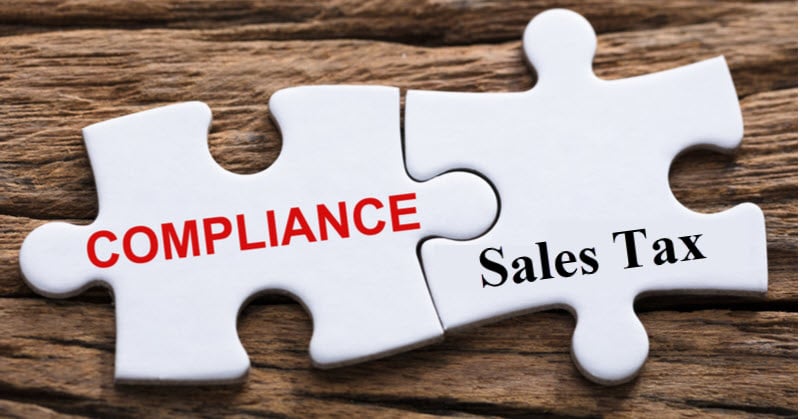Now that we've turned the page into 2022, it’s important to remember that sales tax compliance requirements are going to continue strong in this new year. It’s never too early to help your clients prepare for sales tax filing, especially as regulations keep evolving and expanding. Additionally, your clients’ filing obligations could change as their own businesses grow. That’s why we’ve compiled key things to keep in mind as your clients prepare for sales tax compliance in 2022.
Basic sales tax filing questions
First, it’s important to ask basic filing questions to understand if the current sales tax solution being used is enough to ensure your clients' compliance obligations are met. For example, who at the business is involved? Is one department (e.g., accounting) feeling a greater burden than others? It’s also essential to know how much time is spent identifying and correcting errors.
Your clients should also know how credits are handled and tracked from one filing period to the next. All transactions should be inspected, ensuring that they were properly completed and accounted for any sales tax rate changes or adjustments.
Overall, your clients' data should be ready for filing after each monthly reconciliation, or whenever it is required that they file. There may be quarterly or monthly deadlines, and it’s critical that your clients have the right tools in place to meet those deadlines. Remember, businesses that file annually - in January - can face an especially busy filing period during this time. Monthly, quarterly and annual filings may all need to be prepared and remitted in January.
What’s needed in a sales tax process review?
When conducting a sales tax process review, it’s important to have all the necessary information to keep everything moving forward seamlessly. For example, your clients must understand their business activities in the states in the review to identify the appropriate sales and use tax events that must be included:
- Have they reviewed their nexus profile?
- Did they review sample taxability decisions?
- Was the sourcing reviewed?
Reviewing a sample of the sales and use tax returns and the source documentation used to prepare the returns can be a good step. Understanding the flow of information between business systems will also help to identify potential risks and opportunities. Again, each state will have its own specific filing obligations. When you know those details, it can help create an effective plan for organizing necessary data and meeting all filing deadlines with confidence.
What’s needed for accounts receivable?
The accounts receivable department will also likely need specific items to ensure a smooth sales tax filing process. The following are just some examples of what may be required:
- How do shipping methods impact nexus obligations?
- Total number of product categories/number of product SKUs
- Total number of customers and their exemption status
- Are you manufacturing the product you’re selling? How many manufacturing facilities do you have?
Each business likely has unique requirements, so check with your client and the specific requirements in each state - or filing jurisdiction - to ensure that all required information is accounted for and given to the necessary parties.
What’s needed for sales tax exemption certificates?
Exemption certificate considerations must also be at top of mind, as this process is essential to mitigating audit risk. Additionally, ensure that exemptions are stored in an organized fashion so they can be easily found in the case of an audit.
It's also important to understand how exemptions are applied in different jurisdictions. Organizations may have an exemption on file for a particular customer, but that exemption may only apply in one jurisdiction. What happens if they ship to that customer in another location? Some jurisdictions will offer reciprocity whereas others will enforce tax collection.
Your clients should also know what information needs to be gathered regarding exemptions and have a designated person or department to manage the process. Find out if there are multi-state exemptions or complications, and make sure the right amount of time is accounted for with regard to correcting and reissuing any invoices. There should also be a process in place for validating exemption certifications and tracking when they expire.
As your clients prepare for full sales tax compliance in 2022, ensure that you ask more questions rather than too few. It is much better to have more information than either not enough or the wrong information. Working with sales tax experts can also ensure that your clients avoid risk and stay compliant.
.png?width=150&height=63&name=TWRlogo-regmark_blueblack%20(1).png)
.png)










Do you have questions about this article? Email us and let us know > info@woodard.com
Comments: